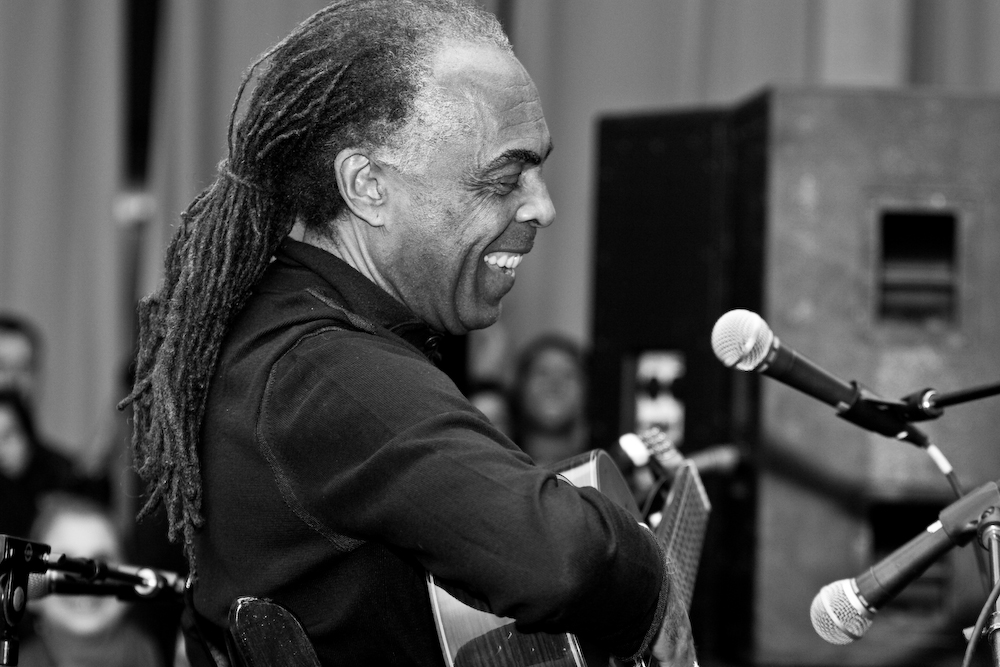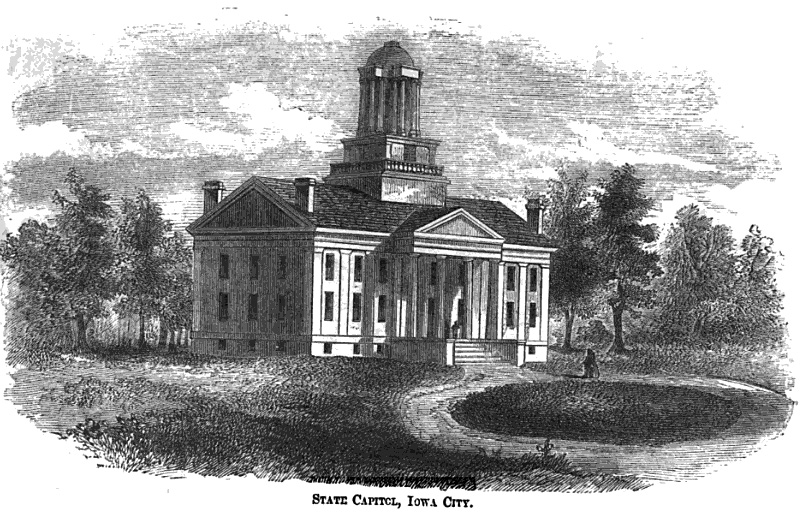|
Augusto De Campos
Augusto de Campos (born 14 February 1931, São Paulo) is a Brazilian writer who (with his brother Haroldo de Campos) was a founder of the Concrete poetry movement in Brazil. He is also a translator, music critic and visual artist. Work In 1952 he founded the literary magazine '' Noigandres'' with his brother. Then in 1956 he and his associates declared the beginning of a movement. Since then he has had a number of collections and honors. From the 1950s to 1970s his main works were directed towards visual poetry but from 1980 on, he intensified his experiments with new media, presenting his poems on electric billboard, videotext, neon, hologram and laser, computer graphics, and multimedia events, involving sound and music, as the plurivocal reading of CIDADECITYCITÉ with his son Cid Campos (1987–91). Four of his holographic poems in cooperation with the holographer Moysés Baumstein were included in the exhibitions TRILUZ (1986) and IDEHOLOGIA (1987). A "videoclippoem", O PU ... [...More Info...] [...Related Items...] OR: [Wikipedia] [Google] [Baidu] |
São Paulo
São Paulo (, ; Portuguese for 'Saint Paul') is the most populous city in Brazil, and is the capital of the state of São Paulo, the most populous and wealthiest Brazilian state, located in the country's Southeast Region. Listed by the GaWC as an alpha global city, São Paulo is the most populous city proper in the Americas, the Western Hemisphere and the Southern Hemisphere, as well as the world's 4th largest city proper by population. Additionally, São Paulo is the largest Portuguese-speaking city in the world. It exerts strong international influences in commerce, finance, arts and entertainment. The city's name honors the Apostle, Saint Paul of Tarsus. The city's metropolitan area, the Greater São Paulo, ranks as the most populous in Brazil and the 12th most populous on Earth. The process of conurbation between the metropolitan areas around the Greater São Paulo (Campinas, Santos, Jundiaí, Sorocaba and São José dos Campos) created the São Paulo Macrometr ... [...More Info...] [...Related Items...] OR: [Wikipedia] [Google] [Baidu] |
Museo Nacional Centro De Arte Reina Sofía
The ''Museo Nacional Centro de Arte Reina Sofía'' ("Queen Sofía National Museum Art Centre"; MNCARS) is Spain's national museum of 20th-century art. The museum was officially inaugurated on September 10, 1992, and is named for Queen Sofía. It is located in Madrid, near the Atocha train and metro stations, at the southern end of the so-called Golden Triangle of Art (located along the Paseo del Prado and also comprising the Museo del Prado and the Museo Thyssen-Bornemisza). The museum is mainly dedicated to Spanish art. Highlights of the museum include excellent collections of Spain's two greatest 20th-century masters, Pablo Picasso and Salvador Dalí. The most famous masterpiece in the museum is Picasso's 1937 painting ''Guernica''. Along with its extensive collection, the museum offers a mixture of national and international temporary exhibitions in its many galleries, making it one of the world's largest museums for modern and contemporary art. In 2021, due to the COVID-19 p ... [...More Info...] [...Related Items...] OR: [Wikipedia] [Google] [Baidu] |
Tropicália
Tropicália (), also known as Tropicalismo (), was a Brazilian artistic movement that arose in the late 1960s. It was characterized by the amalgamation of Brazilian genres—notably the union of the pop culture, popular and the avant-garde, as well as the melding of Brazilian tradition and foreign traditions and styles. Today, Tropicália is chiefly associated with the musical faction of the movement, which merged Music of Brazil, Brazilian and Music of Africa, African rhythms with British and American psychedelic music, psychedelia and pop rock. The movement also included works of film, theatre, and poetry. The term Tropicália (Tropicalismo) has multiple connotations in that it played on images of Brazil being that of a "tropical paradise".Veloso, Caetano, Barbara Einzig, and Isabel de Sena. 2003. Tropical truth: a story of music and revolution in Brazil. Tropicalia was presented as a "field for reflection on social history". The movement was begun by a group of musicians fro ... [...More Info...] [...Related Items...] OR: [Wikipedia] [Google] [Baidu] |
Brazilian Male Poets
Brazilian commonly refers to: * Something of, from or relating to Brazil * Brazilian Portuguese, the dialect of the Portuguese language used mostly in Brazil * Brazilians, the people (citizens) of Brazil, or of Brazilian descent Brazilian may also refer to: Sports * Brazilian football, see football in Brazil * Brazilian jiu-jitsu, a martial art and combat sport system *''The Brazilians'', a nickname for South African football association club Mamelodi Sundowns F.C. due to their soccer kits which resembles that of the Brazilian national team Other uses * Brazilian waxing, a style of Bikini waxing * Brazilian culture, describing the Culture of Brazil * "The Brazilian", a 1986 instrumental by Genesis * Brazilian barbecue, known as churrasco * Brazilian cuisine See also * ''Brasileiro ''Brasileiro'' is a 1992 album by Sérgio Mendes and other artists including Carlinhos Brown which won the 1993 Grammy Award for Best World Music Album. Track listing # "Fanfarra" (Carlinhos Brown) ... [...More Info...] [...Related Items...] OR: [Wikipedia] [Google] [Baidu] |
University Of São Paulo Alumni
A university () is an institution of higher (or tertiary) education and research which awards academic degrees in several academic disciplines. Universities typically offer both undergraduate and postgraduate programs. In the United States, the designation is reserved for colleges that have a graduate school. The word ''university'' is derived from the Latin ''universitas magistrorum et scholarium'', which roughly means "community of teachers and scholars". The first universities were created in Europe by Catholic Church monks. The University of Bologna (''Università di Bologna''), founded in 1088, is the first university in the sense of: *Being a high degree-awarding institute. *Having independence from the ecclesiastic schools, although conducted by both clergy and non-clergy. *Using the word ''universitas'' (which was coined at its foundation). *Issuing secular and non-secular degrees: grammar, rhetoric, logic, theology, canon law, notarial law.Hunt Janin: "The university i ... [...More Info...] [...Related Items...] OR: [Wikipedia] [Google] [Baidu] |
Living People
Related categories * :Year of birth missing (living people) / :Year of birth unknown * :Date of birth missing (living people) / :Date of birth unknown * :Place of birth missing (living people) / :Place of birth unknown * :Year of death missing / :Year of death unknown * :Date of death missing / :Date of death unknown * :Place of death missing / :Place of death unknown * :Missing middle or first names See also * :Dead people * :Template:L, which generates this category or death years, and birth year and sort keys. : {{DEFAULTSORT:Living people 21st-century people People by status ... [...More Info...] [...Related Items...] OR: [Wikipedia] [Google] [Baidu] |
1931 Births
Events January * January 2 – South Dakota native Ernest Lawrence invents the cyclotron, used to accelerate particles to study nuclear physics. * January 4 – German pilot Elly Beinhorn begins her flight to Africa. * January 22 – Sir Isaac Isaacs is sworn in as the first Australian-born Governor-General of Australia. * January 25 – Mohandas Gandhi is again released from imprisonment in India. * January 27 – Pierre Laval forms a government in France. February * February 4 – Soviet leader Joseph Stalin gives a speech calling for rapid industrialization, arguing that only strong industrialized countries will win wars, while "weak" nations are "beaten". Stalin states: "We are fifty or a hundred years behind the advanced countries. We must make good this distance in ten years. Either we do it, or they will crush us." The first five-year plan in the Soviet Union is intensified, for the industrialization and collectivization of agriculture. * February 10 � ... [...More Info...] [...Related Items...] OR: [Wikipedia] [Google] [Baidu] |
Graphic Poetry
Graphics () are visual images or designs on some surface, such as a wall, canvas, screen, paper, or stone, to inform, illustrate, or entertain. In contemporary usage, it includes a pictorial representation of data, as in design and manufacture, in typesetting and the graphic arts, and in educational and recreational software. Images that are generated by a computer are called computer graphics. Examples are photographs, drawings, line art, mathematical graphs, line graphs, charts, diagrams, typography, numbers, symbols, geometric designs, maps, engineering drawings, or other images. Graphics often combine text, illustration, and color. Graphic design may consist of the deliberate selection, creation, or arrangement of typography alone, as in a brochure, flyer, poster, web site, or book without any other element. The objective can be clarity or effective communication, association with other cultural elements, or merely the creation of a distinctive style. Graphics can be func ... [...More Info...] [...Related Items...] OR: [Wikipedia] [Google] [Baidu] |
Brazilian Artists
Brazilian commonly refers to: * Something of, from or relating to Brazil * Brazilian Portuguese, the dialect of the Portuguese language used mostly in Brazil * Brazilians, the people (citizens) of Brazil, or of Brazilian descent Brazilian may also refer to: Sports * Brazilian football, see football in Brazil * Brazilian jiu-jitsu, a martial art and combat sport system *''The Brazilians'', a nickname for South African football association club Mamelodi Sundowns F.C. due to their soccer kits which resembles that of the Brazilian national team Other uses * Brazilian waxing, a style of Bikini waxing * Brazilian culture, describing the Culture of Brazil * "The Brazilian "The Brazilian" is an instrumental piece by the English band Genesis that concludes their 1986 album '' Invisible Touch''. The song features experimental sounds and effects. The band wrote two instrumental pieces for the album, this and "Do the N ...", a 1986 instrumental by Genesis * Brazilian barbecue, known a ... [...More Info...] [...Related Items...] OR: [Wikipedia] [Google] [Baidu] |
University Of Iowa
The University of Iowa (UI, U of I, UIowa, or simply Iowa) is a public university, public research university in Iowa City, Iowa, United States. Founded in 1847, it is the oldest and largest university in the state. The University of Iowa is organized into 12 colleges offering more than 200 areas of study and seven professional degrees. On an urban 1,880-acre campus on the banks of the Iowa River, the University of Iowa is Carnegie Classification of Institutions of Higher Education, classified among "R1: Doctoral Universities – Very high research activity". In fiscal year 2021, research expenditures at Iowa totaled $818 million. The university is best known for its programs in health care, law, and the fine arts, with programs ranking among the top 25 nationally in those areas. The university was the original developer of the Master of Fine Arts degree and it operates the Iowa Writers' Workshop, which has produced 17 of the university's 46 Pulitzer Prize winners. Iowa is a mem ... [...More Info...] [...Related Items...] OR: [Wikipedia] [Google] [Baidu] |




